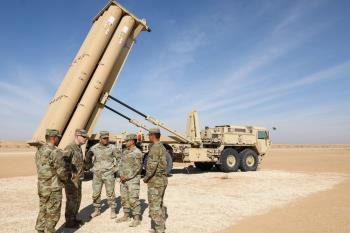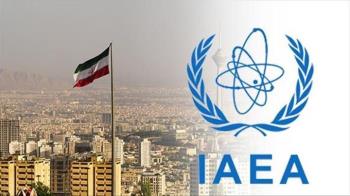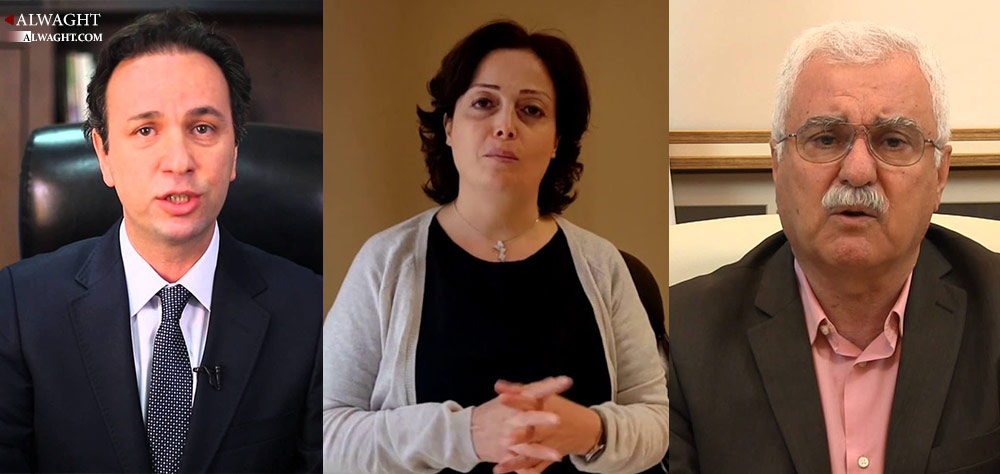Alwaght- On Thursday, some of the Syrian opposition leaders announced that they stopped cooperation with the National Coalition for Syrian Revolutionary and Opposition Forces. George Sabra, Suheir Atassi, and Khaled Khoja were the three key figures of the Syrian National Coalition (SNC) who announced resignation simultaneously.
The Syrian people and analysts imagined that defeat of ISIS and cleansing a large part of the country’s territories of the foreign terrorists would immediately lead to an end to the crisis and improvement of the tough situation that left millions displaced. But now such optimism is fading as the pro-terror anti-Damascus Western powers led by the US have directly intervened against the Syrian government.
The resignation raises a set of questions: What are the main drives of Syrian opposition leaders’ resignation in the present conditions? And how this will influence the highly complicated Syrian equations in the future?
SNC and the ongoing internal disputes
The Syrian National Coalition is an alliance of Syria’s opposition body involved in the Syrian crisis. Founded in 2012 in Qatar, the SNC is the leading opposition bloc against the Syrian government and was supported by an array of anti-Damascus parties such as the US, Britain, France, Germany, Belgium, and Qatar until it formed the High Negotiation Council (HNC) in December 2016. The SNC’s headquarters are located in Istanbul, Turkey, and is mainly made of seven opposition parties.
The bloc in 2012 picked as its leader Moaz al-Khatib, the former imam of Damascus’s Ummayad Mosque. He resigned a year after becoming the president because of what he called pressures and the limited freedom of action. Ahmad Jabra replaced him, but he like his predecessor failed to serve long and was forced to resign in July 2014. After Jabra, Hadi al-Bahra, Khaled al-Khoja, Anas al-Abdah, and Riad Seif were consecutively chosen in July 2014, January 2015, March 2016, and May 2017.
One of the key reasons the SNC is struck by divisions is the fact that the coalition has no tangible influence on the course of developments on the Syrian political stage. As it has seen its role increasingly shrinking, it has lost a large part of its support by the regional and international actors.
The domestic challenges and gaps among the opposition factions inside the SNC have been a source of its decline to make influential decisions as it wastes time on futile conferences. The Political Committee, the highest organ in the body, has spent weeks to arrange for a meeting that came out with no results. While any opposition political coalition needs a clear and shared outlook for the future to survive, the SNC over the course of the past years has been unsuccessful in designing such a roadmap for the future moves. So, the home chasms and inefficiency, on the one hand, and the scaled down foreign help and the shrink of legitimacy and influence, on the other hand, are the major drives triggering the SNC leaders’ step-down.
Dependence and foreign pressures
Since the initial stages of the Syrian conflict, foreign players demonstrably worked to deepen the crisis for the final aim of overthrowing the Syrian government and partitioning the country into smaller regions. Resolvedly working for the realization of their own interests by making the Syrian territories a playfield, the intervening sides headed to financial, diplomatic, and military backing for the militant and political opposition groups, each with its own ideologies. This largely had a hand in nurturing an opposition body without independence of opinion and practice.
Following his resignation, George Sabra in a post on Facebook said that he left the coalition because it was not the one he knew in 2012, adding that the SNC no longer adhered to the principles of thes so-called revolution and the people’s aspirations.
Attasi also explained in a tweet why she resigned from the coalition, maintaining that she moved out because of the SNC’s failure to deal with the challenge “imposed on it by the international community.” She said it was impossible for her to continue work with the coalition with its current framework. Khoja also published a statement in which he underlined similar causes pushing him to step down.
The recent resignation is not new to the Syrian opposition bloc. Moaz al-Khatib in a similar move announced, in March 2013, he stepped down as head of the SNC. Afterwards, he spoke about the influence of regional and international actors, particularly Saudi Arabia and Qatar, on his decision to step down.
At the time being, the course of the war is turning to the advantage of the Syrian government. Moreover, the Geneva peace talks are going nowhere politically because the opposition and their foreign backers are insisting on the unrealistic approaches to materialize their excessive demands. In such circumstances, the resignation of the key figures in SNC’s leadership hits the final nail in the coffin of the Syrian opposition.



























